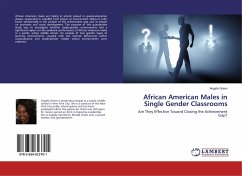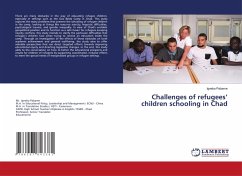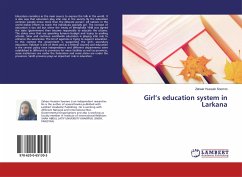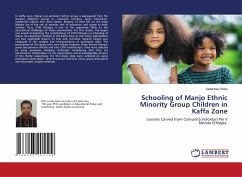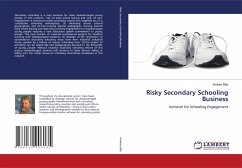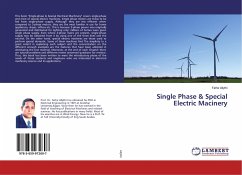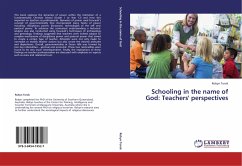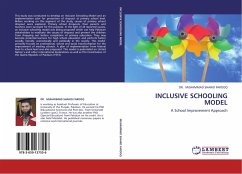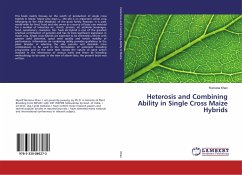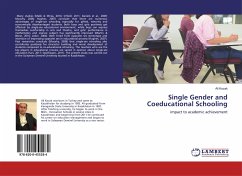
Single Gender and Coeducational Schooling
impact to academic achievement
Versandkostenfrei!
Versandfertig in 6-10 Tagen
27,99 €
inkl. MwSt.

PAYBACK Punkte
14 °P sammeln!
Many studies (Malik & Mirza, 2014; O'Neill, 2011; Daniels et al., 2009; Murphy, 2008; Hughes, 2007) conclude that there are numerous advantages of single-sex schooling especially for gifted, minority and economically disadvantaged students. Both boys and girls positively get affected by single-sex educational environment; while boys can express themselves comfortably in arts and theatre, and girls' performance in mathematics and science subject has significantly improved (Martin & Beese, 2016; Leder, 2004). Both freed from opposite sex stereotype and intention of impressing opposite sex in edu...
Many studies (Malik & Mirza, 2014; O'Neill, 2011; Daniels et al., 2009; Murphy, 2008; Hughes, 2007) conclude that there are numerous advantages of single-sex schooling especially for gifted, minority and economically disadvantaged students. Both boys and girls positively get affected by single-sex educational environment; while boys can express themselves comfortably in arts and theatre, and girls' performance in mathematics and science subject has significantly improved (Martin & Beese, 2016; Leder, 2004). Both freed from opposite sex stereotype and intention of impressing opposite sex in educational process (Hughes, 2007). Past researches conclude (Murphy, 2008) that single-sex schooling also contributes positively for character building and moral development of students compared to co-educational schooling. The teachers who are the key players in educational process are varied in opinion about single-sex education (Sari, 2017; Spielhagen, 2011). The present study was carried out in the Suleyman Demirel University located in Kazakhstan.



